The Office of the Vice President for Research provides support for sample management software and freezer temperature monitoring platforms to participating biorepositories. The individual biorepositories listed below are managed independently and under the direction of their own Principal Investigators.
Investigators interested in biobank specimens should contact the biorepository of interest directly to inquire about specific samples and criteria (see contact information below).
Contact Us
Ramiro Ramirez-Solis, Ph.D.
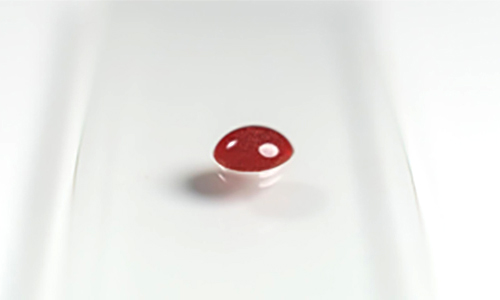
Biobehavioral Laboratory Biorepository
The Biobehavioral Biorepository & Research Laboratory, housed at the School of Nursing is a center of excellence for peripheral blood and salivary sciences and biobanking. It serves as a one-stop shop for students and researchers for designing and conducting research studies involving biobehavioral methods.
Sample types
Biorepository: Blood, serum, plasma, urine, saliva, breast milk
Contact the Biobehavioral Laboratory Biorepository
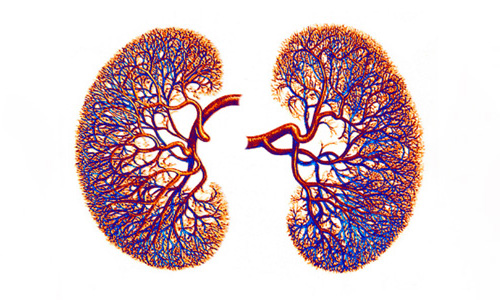
Center for Precision Medicine Biorepository
CPM serves as a major resource for the national and international research communities, providing expertise in new technologies, hosting a biorepository of clinical samples for multiple types of analyses, and compiling and maintaining a bank of clinical information.
Contact the Center for Precision Medicine Biorepository
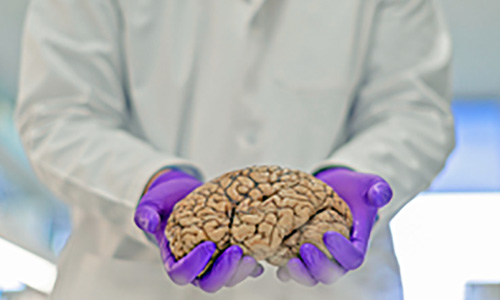
The Glenn Biggs Institute for Alzheimer's & Neurodegenerative Diseases Biorepository
The biorepository focuses on diseases that affect the central nervous system, including dementia, movement disorders, cerebrovascular disorders and neuromuscular disorders. It includes biospecimen along the brain aging and degenerative spectrum.
Sample types
Biorepository: blood, cerebrospinal fluid (antemortem), DNA, PBMCs, RNA
Brain Bank: autopsy brain and spinal cord tissue (10% formalin-fixed and fresh frozen), tissue blocks, tissue slides, fibroblasts (derived from postmortem dermal tissue), cerebrospinal fluid (postmortem)
Contact the Glenn Biggs Institute
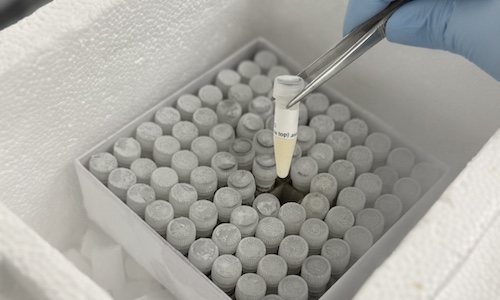
Mays Cancer Center Biorepository
The Mays Cancer Center (MCC) Biorepository processes, stores and distributes cancer-related specimens to support translation cancer research. The current tissue collection primarily contains genitourinary cancers including prostate, bladder, kidney, testicular and penile cancer; however, the collection is expanding to include gastric, colon and breast cancers. The repository has staff that can assist in recruiting all tumor types based on need.
Sample types
Tumor and normal adjacent tissues: paraffin embedded, formalin fixed, frozen
Biologics: blood (whole blood, serum, plasma, PBMCs), urine (Progensa tubes, pellets and supernatant), stool
Nucleic Acids: DNA, RNA
Contact the Mays Cancer Center Biorepository
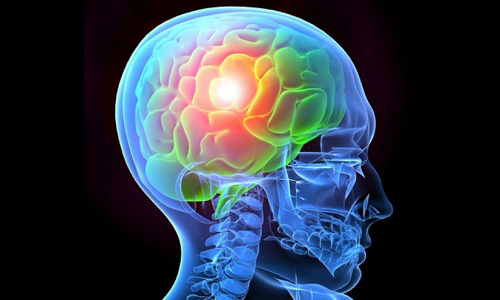
UT Health San Antonio STRONG STAR Repository
The repository supports local and national interdisciplinary and multi-institutional research focused on posttraumatic stress disorder (PTSD) and associated conditions such as traumatic brain injury (TBI), sleep disorders, chronic pain, substance use disorders, tinnitus, and suicide. It governs the collection, maintenance, and dissemination of clinical and research data, biological specimens, and neuroimages.
Sample types
Biomarkers: Blood, Salivary
Contact the UT Health San Antonio STRONG STAR Repository
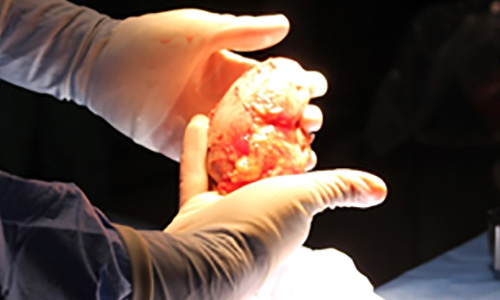
UT Health San Antonio Transplant Center
The UT Health San Antonio Transplant Center Biorepository collects, processes, stores, and distributes biospecimen from living organ donors, transplant recipients, and hepatobiliary resection cases. We include adult and pediatric populations.
Sample types
Blood: Serum, plasma and buffy coats
Tissue Specimens: Kidney, liver, pancreas, bile duct, liver/pancreatic resections
Contact the UT Health San Antonio Transplant Center
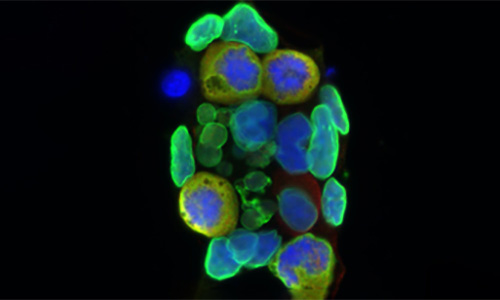
South Texas Aging Registry & Repository (STARR)
The South Texas Aging Registry and Repository (STARR) is a database and specimen resource of adults 18 years of age or older from the South Texas community who are healthy as well as those who have chronic disease. Participants who agree to be re-contacted will be matched with future IRB-approved studies which they are likely to qualify for based upon information provided by each STARR participant at the time of enrollment and which is gathered using provided samples. This will facilitate the inclusion of older adults in clinical research studies and help to accelerate and enhance the quality of research relating to them
Sample types
Biorepository: Blood (serum, plasma, white blood cells), nucleic acids (DNA, RNA), biopsy tissue (subaxillary skin, subcutaneous adipose tissue)
